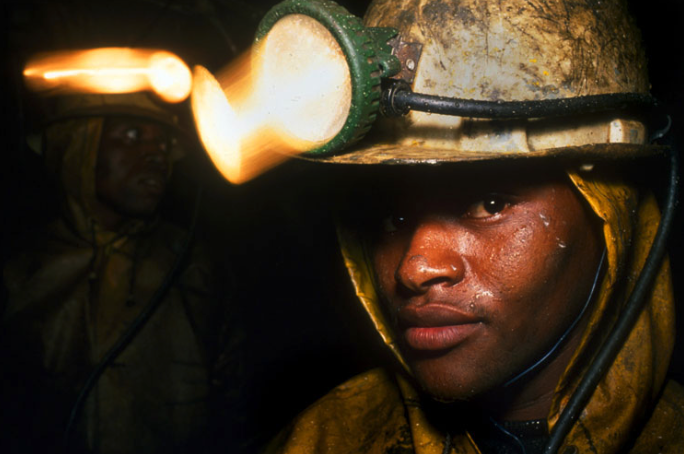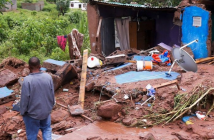Opinion
- In the race to net carbon zero and fulfilling the country’s commitment to the Paris Agreement, fortune favours the bold in the transition from coal power to renewables.
- Bold in the South African context also involves ensuring that thousands of workers in the coal mining and coal power sector do not lose their jobs in the process.
Specific criteria and policy needs to be set in South Africa’s renewable energy independent power producer programme (REIPPPP) to ensure a just transition from coal to renewables.
In the recently opened REIPPPP Round 5, the Economic Development Qualification Criteria provides no direction to this transition. At the same time, Eskom has announced that they are seeking USD 10 billion in funding to transition to renewables completely by 2050. Read more
Empty words
All of the public sector energy stakeholders which include’s the Independent Power Producer Office (IPP Office) and the country’s energy regulatory, NERSA, sing from the same ‘just and equitable’ hymn book but the criteria for REIPPPP Round 5 offers no implementation for a just transition from coal to renewables. I put the question to IPP Office (who did not respond) and the Ministry of Mineral Resources and Energy who made the following response:
“Changes and adjustments to the REIPPPP will be implemented when the Framework for Just Energy Transition and Eskom’s work on repurposing are finalised.”
Unfair Advantage
Back in 2011, South Africa was one of the first countries in the world to introduce a competitive bidding process for renewable energy procurement. The programme received much global praise at the time. The competitive bidding criteria directed Independent Power Producers (IPP’s) to develop projects in areas of the country with the highest wind and solar resources to be successful with a low tariff bid. As a result, most projects in rounds one to four have been successful in the Western, Northern and Eastern Cape.
Mpumalanga is home to a cluster of 12 coal-fired power stations and according to Greenpeace, is one of the world’s worst Nitrogen Dioxide pollution hotspots. There are currently no large utility-scale wind and solar projects commissioned in the province. The reason for this is that solar resources in the province cannot compete with projects in other provinces of the country where natural resources are higher. On average, yearly wind resources in Mpumalanga comes out at around 6,3 m/s at a higher-than-normal hub height of 140m. Solar average yields are between 4.5 and 7 kWh/m 2 depending on geographical location.
Criteria and weighting system to even the playing fields
Simply put, because of the reduced natural resources, wind and solar projects in Mpumalanga cannot compete competitively in Round 5 and will not be successful under the current criteria specified by the IPP Office.
For such projects to be successful, there needs to be a weighting system regarding geographical location, natural resources plus new criteria specifically addressing the repurposing of land plus training and employment of coal industry workers in renewable technology. The only way to do this is through official policy and criteria specification in the REIPPP Programme.
One of the costs of not doing it
In 2018 the coal industry accounted for 86,919 jobs in the country. That year, in total, employees in the coal sector earned R24.7 billion. The workers are often the sole breadwinner for an extended family.
In the same year trade unions National Union of Mineworkers (NUM) and the National Union of Metalworkers of South Africa (NUMSA), who collectively have over 600000 members, rejected government plans to close five coal-fired power stations and award renewable energy contracts to independent power producers (IPPs) without a Just Transition plan in place. Read more.
As a result, there were further extended delays in signing off 27 renewable energy projects that achieved preferred bidder status back in 2015. The two unions are not scared to embark on a solidarity mass strike action involving all members which involves criminality, acts of sabotage and destruction of property to bring the country’s energy sector to a standstill. Read more
No doubt, we can expect the same scenario to play out as Round 5 preferred bidders are announced later in the year.
Hopefully, REIPPPP Round 6 Economic Development Qualification Criteria addresses the very important ‘just and equitable transition from coal to renewables’ in a bold way.
Author: Bryan Groenendaal















